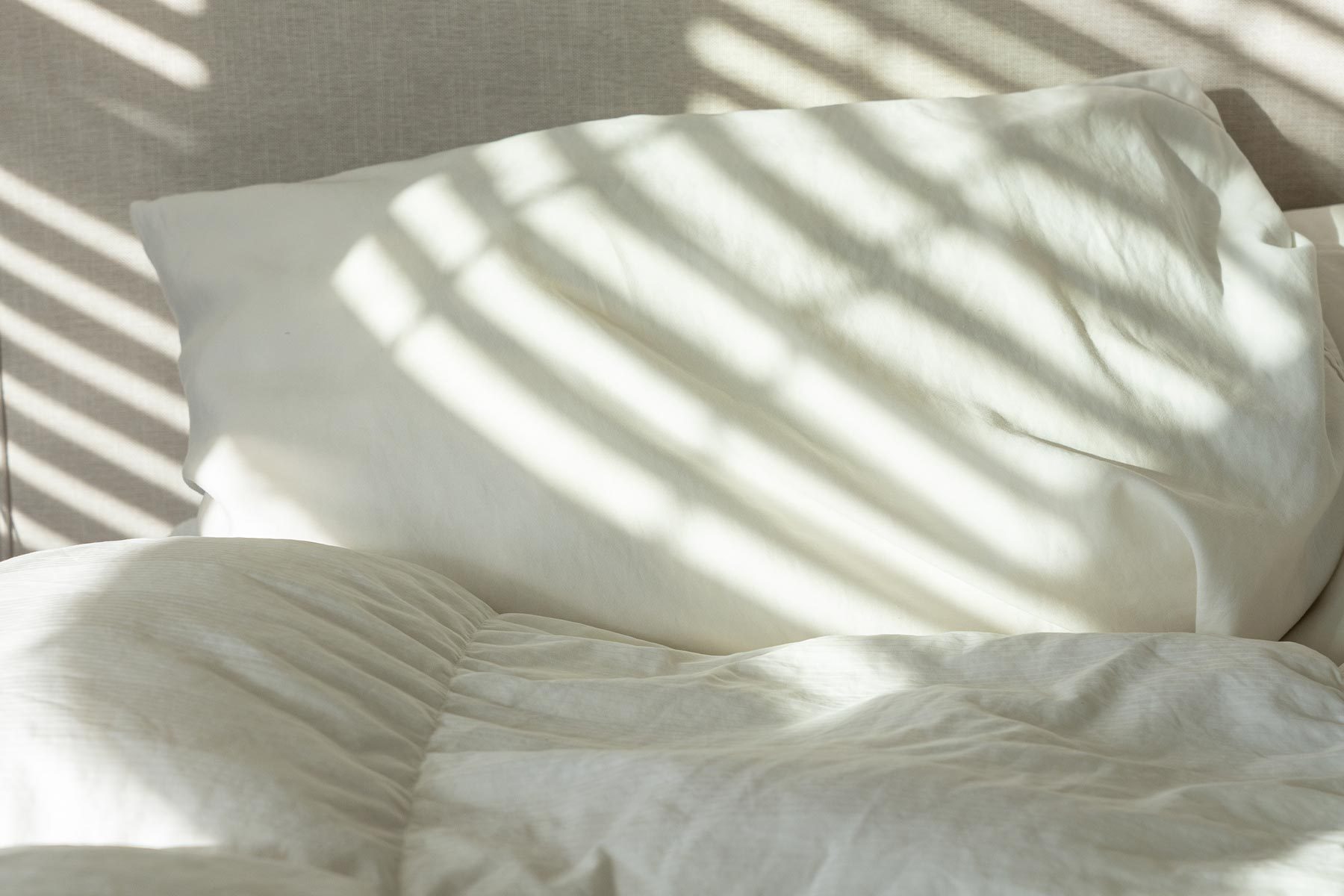“The single most important behavioral experience that we have” is an s-word. No, it is not (gasp!) sex. It is sleep. That is, according to Russell Foster, an Oxford professor of circadian neuroscience. And most of us (I fall into that category) don’t get enough. Ironically, getting a good night’s sleep was at the top of my list of things to incorporate into the new vision I have for my life.
I actually added getting a good night’s sleep to my personal vision statement this past fall, but in my drive to get my blog up and running, care for my mother, and the demands of my day job, sleep somehow took a back seat. However, after listening to some TED Talks on the subject, including one by Foster and another by Jeff Iliff. I am more determined than ever to make sleep a priority. The costs are just too high and the benefits just too good.
After listening to these new thoughts from some scientific and medical experts, I am even more convinced. Here is what I learned:
Three Reasons to Make Getting A Good Night’s Sleep a Priority
1. Restoration
This one, I already knew. The body heals itself when we sleep. A childhood of feeling sleepier when sick taught me that, so I make a point of getting more at the first sign of a cold. Also, sports medicine has told us for years that we need to have rest days between workouts to give our muscles time to repair themselves.
What I did learn though is that “a whole raft of genes have been shown to be turned on only during sleep, and those genes are associated with restoration and metabolic pathways”. <emphasis mine> One could say that some level of restoration and stabilization is going on when we are awake. The liver’s and kidneys’ primary functions are to metabolize nutrients, which they do when the body is both awake and asleep.
When I don’t get enough sleep, parts of my body, some in my brain, are not working to their full potential.
What motivates me to get more sleep is knowing that there are parts of my body that only function when I am asleep. This means that when I don’t get enough sleep that parts of my body, some in my brain, are not working to their full potential or capacity. I don’t know about you, but for me, the thought of that happening regularly is unacceptable.
2. Weight Gain & Disease
In order to stay awake during the day, our brains secrete more ghrelin, the hunger hormone, contributing to overeating. The brain’s fuels of choice are glucose (sugar) followed by glycogen (carbohydrates). The body can convert other fuels for the brain, like fat, but glucose and glycogen are the brain’s first choices. So, we crave and are more likely to overeat on sugary foods (my weakness) and carbohydrates. Succumbing to these sugary carbohydrate cravings releases more glucose in the bloodstream, which can lead to diabetes.
Just as getting a good night’s sleep restores the body and is particularly beneficial when ill, a lack of sleep impairs the immune system contributing to high blood pressure, vascular disease, and even cancer. Furthermore, what I learned viewing Jeff Iliff’s TED Talk is that in addition to the liver (digestive system) and kidneys (urinary system), the lymphatic system works to rid the body of wastes and toxins but from every area of the body, except the brain.
Lack of sleep impairs the immune system contributing to high blood pressure, vascular disease, and even cancer.
The brain has its own unique process for removing wastes and toxins using cerebrospinal fluid. This process like the genes mentioned above is only turned on while we sleep. So, if I am not getting a good night’s sleep, the wastes and toxins in my brain are not being released. Instead, they are building up in my brain and that isn’t good. Specifically, this build-up of wastes and toxins in our brains, especially the build-up of amyloid beta, may contribute to neurological diseases like Alzheimer’s disease.
3. Learning & Creativity
Our ability to learn or at least remember what we learned is greatly diminished when we aren’t getting a good night’s sleep. Memories are processed and stored while we sleep. Learning is one of my favorite activities and I despise doing things over unnecessarily, maybe because I dislike wasting time so much. Anyway, not getting enough sleep simultaneously decreases my enjoyment while increasing my dissatisfaction. If that is not motivation I don’t know what is.
Also, getting a good night’s sleep increases our creativity, and thus, our ability to solve complex problems “threefold.” Who couldn’t use a 300% increase in brain function and creativity? Basically, for the cost of another couple of hours of sleep, I get a 300% return on my investment. That makes sense mentally and financially. Often we don’t get enough sleep out of a misguided concern that we are wasting precious time that would be better spent being more productive. Nothing could be further from the truth. Getting a good night’s sleep allows us to work smarter and more efficiently—in other words, with less effort.
Who couldn’t use a 300% increase in brain function and creativity?
If you are like me, the reasons above have made you even more determined than ever to make getting a good night’s sleep a priority. As I said in the introduction, the costs are just too high and the benefits just too good.
And I see from the clock that it is getting late. Nothing like the present… I think I’ll hit the hay.
Questions:
- Could your life and health benefit from getting a good night’s sleep?
- Which reason hit home the most for you? Why?







